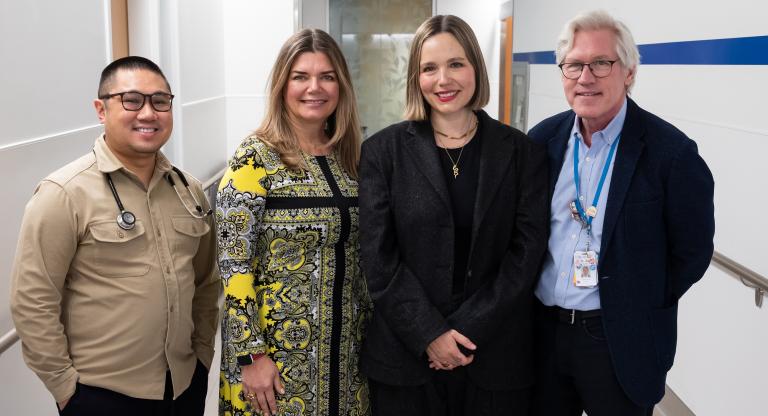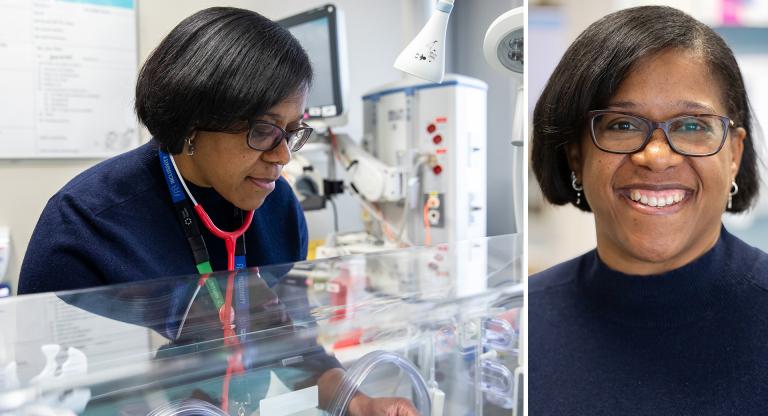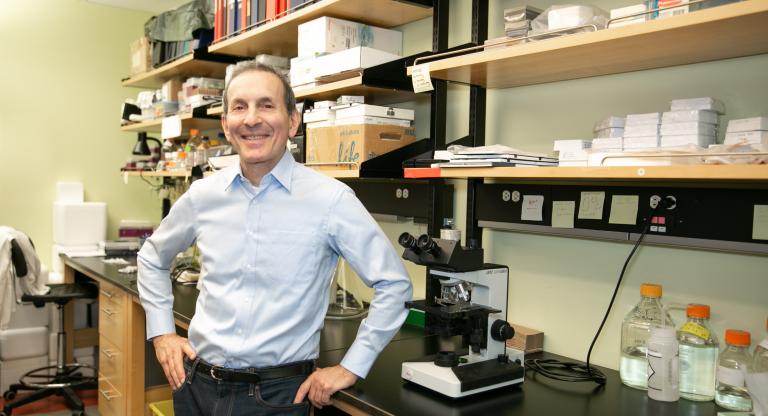Non-invasive detection of certain cancers on the horizon

The realization of the promising field of “liquid biopsy” for cancer detection moved closer this week, with a fascinating new paper published in Nature that measures cancer risk by detecting a type of DNA modification called methylation in circulating DNA in blood.
Dr. Rayjean Hung, Senior Scientist at the Lunenfeld-Tanenbaum Research Institute, and head of its Prosserman Centre for Population Health Research, designed and conducted this study in collaboration with researchers at the University Health Network. The investigation found that methylation patterns in the small fragments of DNA in blood could accurately represent the presence of several cancer types, early in the development of these diseases.
Blood contains “cell-free” fragments of DNA that is derived from DNA shed by normal and tumour cells. DNA methylation is a natural process that controls whether a gene is active or not. Since tumours differ from normal cells by which of their genes are active, the team assessed whether these differences could be detectable in cell free DNA and be used to detect the presence of tumour cells. After measuring patterns of DNA methylation in blood samples from people who were healthy and those diagnosed with various forms of cancer, researchers were able to use machine-learning algorithms to identify specific cancer signatures. This new approach offers a more sensitive and accurate predictor than the current reliance on identifying tumour specific recurrent mutations. Moreover, the team found that the method could reliably detect earlier stage cancers. Since the earlier cancer is detected, the better the outcome, if confirmed by larger scale sample set, this approach could result in cancer early detection while it is curable.
“There is a lot of exciting research happening right now in the field of liquid biopsy. The ability to have a blood test instead of an invasive tissue biopsy, to predict or identify cancer can change how cancer is managed. This study has demonstrated feasibility and promising accuracy. The work ahead of us will be pivotal for health care setting.” said Dr. Hung.
Supported by Canadian Cancer Society.












